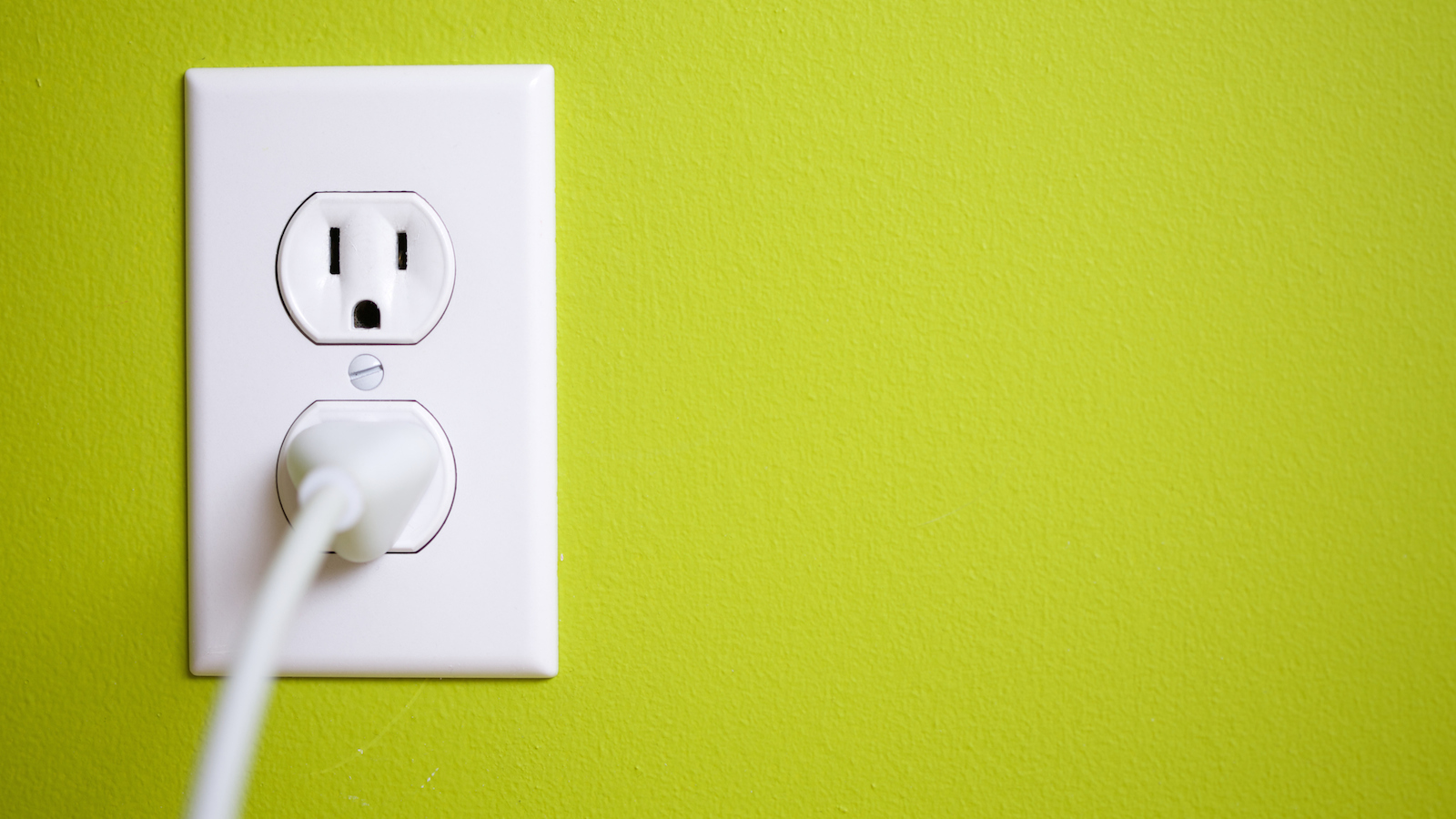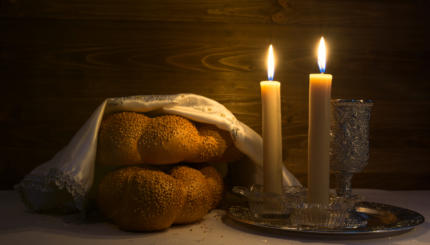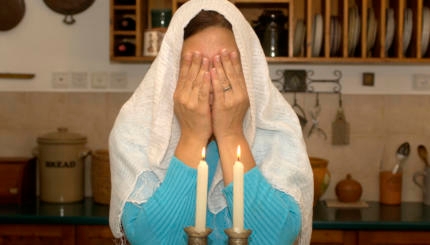The operation of electrical devices on the Jewish Sabbath is categorically prohibited by Orthodox Jewish authorities. Orthodox and other traditionally observant Jews therefore do not use lights or electrical appliances on the Sabbath; however there is no prohibition on using a light that was turned on before the Sabbath began. While this prohibition is universally practiced in the Orthodox community, there is no agreement on its source.
The Torah bans the performance of physical creative labor on Shabbat — melachah in Hebrew — which the rabbis broke down into 39 categories of work. Over the years, rabbis have advanced various theories as to which of those categories covers electrical use.
- Perhaps the most common argument is that electricity usage amounts to kindling a flame, and therefore violates the biblical prohibition on lighting a fire on the Sabbath.
- Some have suggested that turning on an appliance is equivalent to creating something new (“molid”).
- Others say the completion of an electrical circuit by turning on a switch is a kind of building (“boneh”).
- A similar logic underlies the suggestion that electrical use violates the prohibition on completion (“makeh b’famish”).
- Still others have suggested the problem is that it leads to increased fuel consumption at the power station or that heating a metal transistor amounts to cooking.
All these rationales have their logical shortcomings and none is universally accepted. Indeed, some have suggested that at this point the reason for banning electricity is merely tradition. For many observant Jews, abstaining from electrical use is one of the core features that separate the feel of the Sabbath from the rest of the week.
Rabbi Daniel Nevins, in a responsa approved by the Conservative movement’s Committee on Jewish Law and Standards in 2012, advanced the novel theory that the usage of most modern consumer electronic devices should be banned because they generate data, which violates the rabbinic ban on writing. However Nevins also concludes that electricity use is not categorically forbidden, and explicitly permitted the use of lights, fans, electronic key cards, electric motors to help the elderly get around, elevators and other devices that do not disrupt the atmosphere of Shabbat — none of which is considered acceptable Sabbath practice by Orthodox Jews.

Help us keep Jewish knowledge accessible to millions of people around the world.
Your donation to My Jewish Learning fuels endless journeys of Jewish discovery. With your help, My Jewish Learning can continue to provide nonstop opportunities for learning, connection and growth.
However, even in Orthodox communities the ban on electricity does not prevent people from using electrical devices that were turned on prior to the Sabbath. Electric lights, fans, refrigerators, warming plates for food — all of these can be left on for the Sabbath and their benefits enjoyed provided they are not turned off or adjusted. In addition, various innovative workarounds have been found to enable an even wider usage of devices. Hotels that cater to a religious clientele often have a so-called Shabbat elevator that is programmed to stop on every floor, enabling the Sabbath observant to avoid climbing several flights of stairs without actually having to push the buttons and thus operate an electrical machine. Many observant homes also use timers to turn lights on and off on Shabbat. The Zomet Institute in Israel has also developed a Sabbath electrical outlet that operates through indirect action that can be used for essential needs.
Observant Jews typically will not leave a radio or television playing on the Sabbath, however. Though this is no different in principle from leaving on a light or a slow cooker, it is broadly regarded as inconsistent with the spirit of the day.
Sign up for My Jewish Learning’s RECHARGE, a weekly email with a collection of Shabbat readings and more to enhance your day of rest experience.



